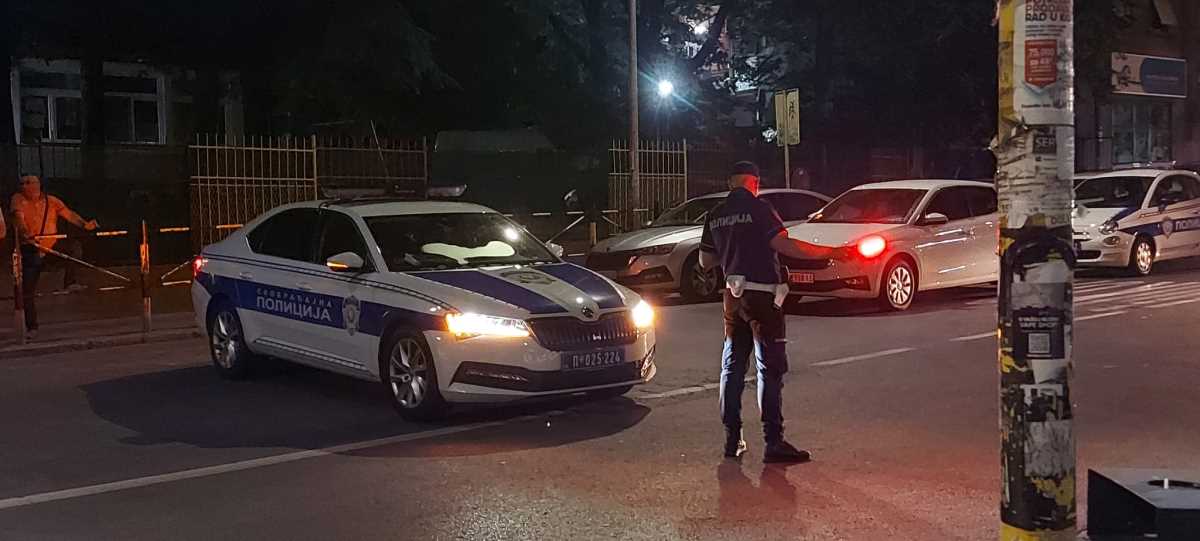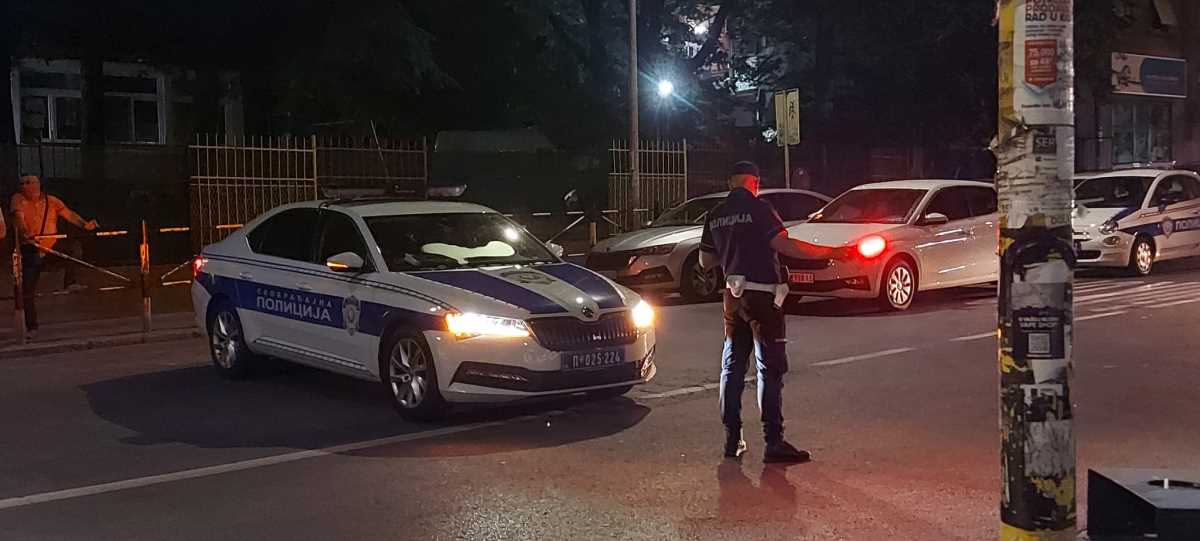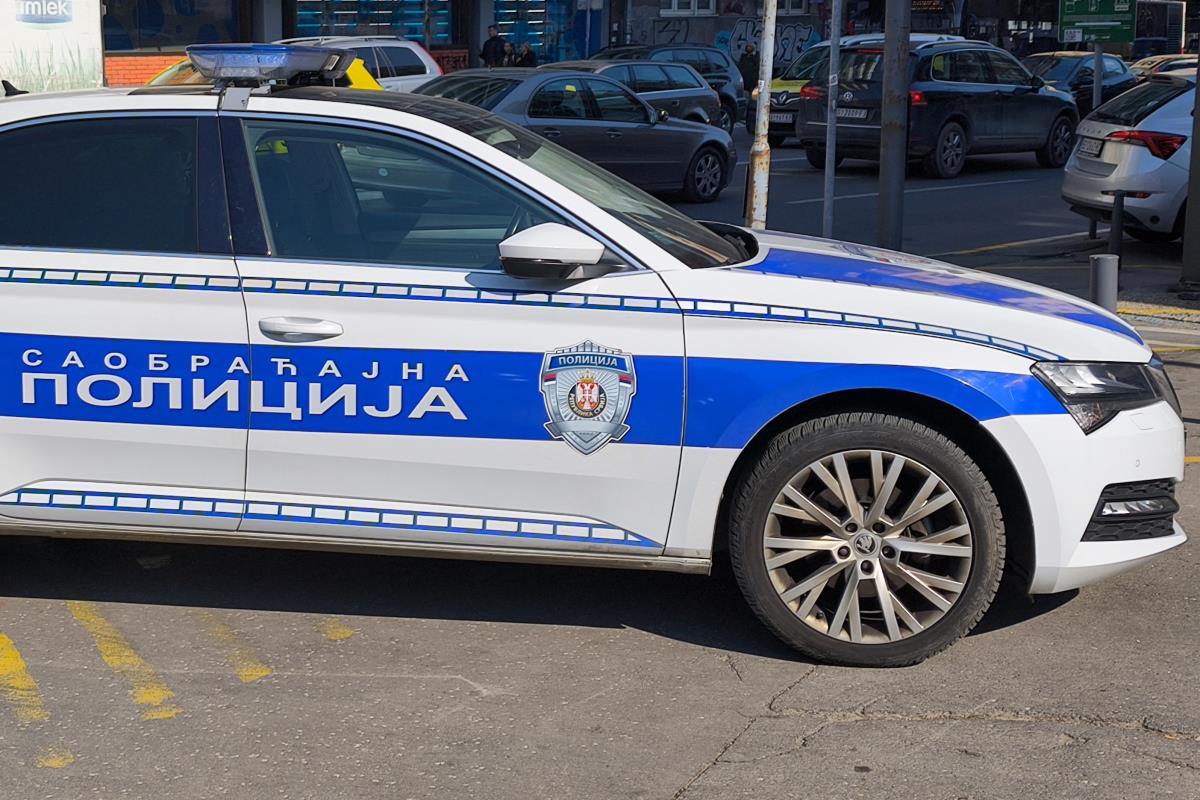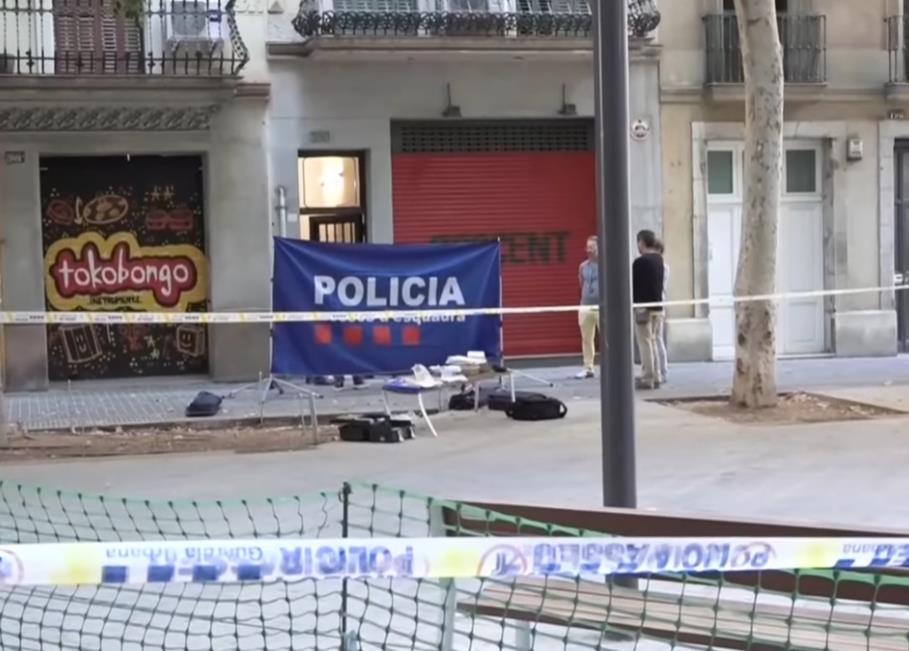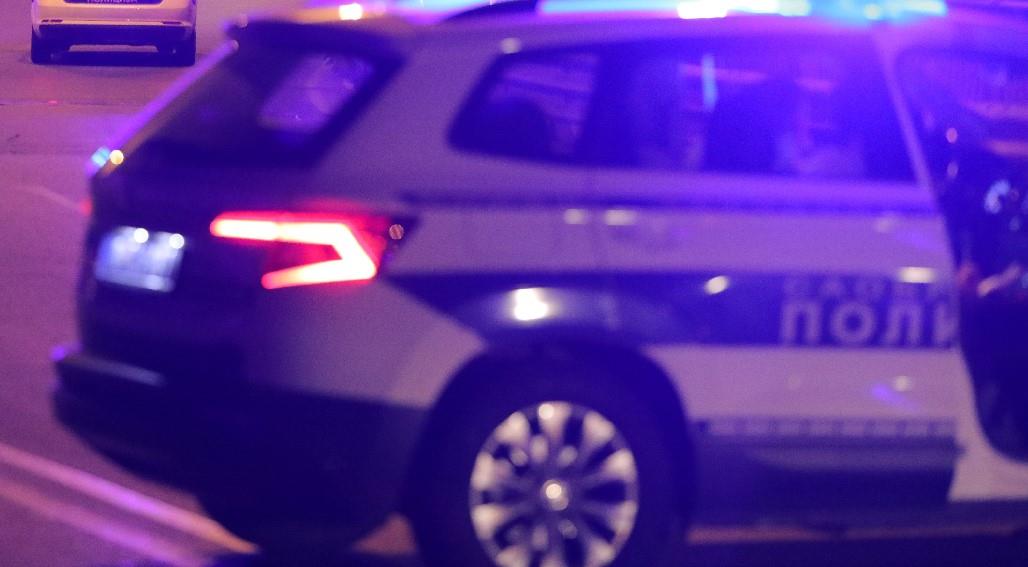The murder that took place in the center of Belgrade, on Gavrila Principa Street, shocked the public and raised questions about citizen safety. Experts point to problems in criminal legislation, especially regarding penalties for murder and the treatment of juvenile offenders. There is concern about the recruitment of young people from poor families into criminal groups, as well as the inadequate system of correctional institutions that may worsen criminal tendencies. Analyses show that society faces serious security challenges, and there are criticisms of the legal system for failing to adequately punish offenders, sending the wrong messages to youth.
Political Perspectives:
Left: Left-leaning reports emphasize the social and economic roots of the crime, highlighting poverty, lack of social support, and systemic failures in the juvenile justice system. They focus on the need for social reforms, better rehabilitation programs, and addressing the root causes of youth involvement in crime.
Center: Center-leaning coverage tends to focus on the facts of the case and the legal challenges, discussing the inconsistencies in criminal law and sentencing. They highlight the need for balanced reforms in the justice system to ensure both public safety and fair treatment of offenders, including juveniles.
Right: Right-leaning narratives emphasize law and order, criticizing lenient sentences and the perceived failure of the justice system to adequately punish criminals. They stress the importance of harsher penalties, stronger policing, and protecting citizens from random violence, often framing the issue as a breakdown of societal discipline.





